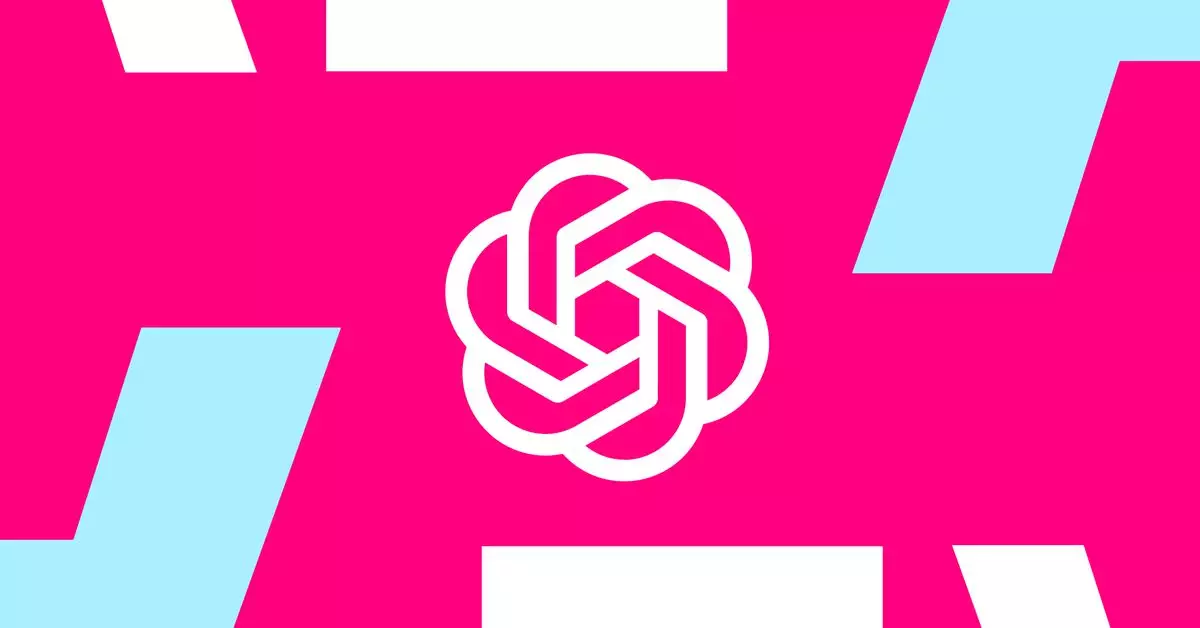In a shocking turn of events, Jan Leike, a key OpenAI researcher, announced his resignation this week. His departure came after expressing concerns about the company’s prioritization of “shiny products” over safety culture and processes. Leike had been leading the team dedicated to addressing long-term AI risks, known as the “Superalignment team,” which aimed to implement safety protocols as OpenAI developed AI that can reason like a human.
Originally, OpenAI’s goal was to openly provide their models to the public, hence the organization’s name. However, due to the potential dangers of allowing such powerful models to be accessed by anyone, the company has shifted towards keeping the models proprietary knowledge. This shift in priorities has raised concerns among employees like Leike who believe that safety should be a top priority in AI development.
The Need for a Focus on AGI Implications
Leike emphasized the importance of preparing for the implications of Artificial General Intelligence (AGI) in his posts about his resignation. He stressed that by prioritizing safety and preparing for AGI, we can ensure that this technology benefits all of humanity. However, it appears that within OpenAI, safety culture and processes have been overshadowed by the development of consumer AI products like ChatGPT and DALL-E.
Leike’s resignation highlights the tension within OpenAI between developing cutting-edge AI models and prioritizing safety and ethical considerations. As researchers strive to create super-intelligent AI models, it is crucial that organizations like OpenAI prioritize safety measures to mitigate potential risks associated with these advancements. Leike’s departure serves as a reminder of the importance of maintaining a strong safety culture in AI development.
The case of Jan Leike’s resignation from OpenAI sheds light on the critical need for organizations to prioritize safety and ethical considerations in the development of AI technologies. As advancements in AI continue to progress rapidly, it is essential that companies do not overlook the potential dangers associated with creating super-intelligent AI models. By focusing on safety culture and processes, organizations can help ensure that AI benefits humanity as a whole.


Leave a Reply
You must be logged in to post a comment.